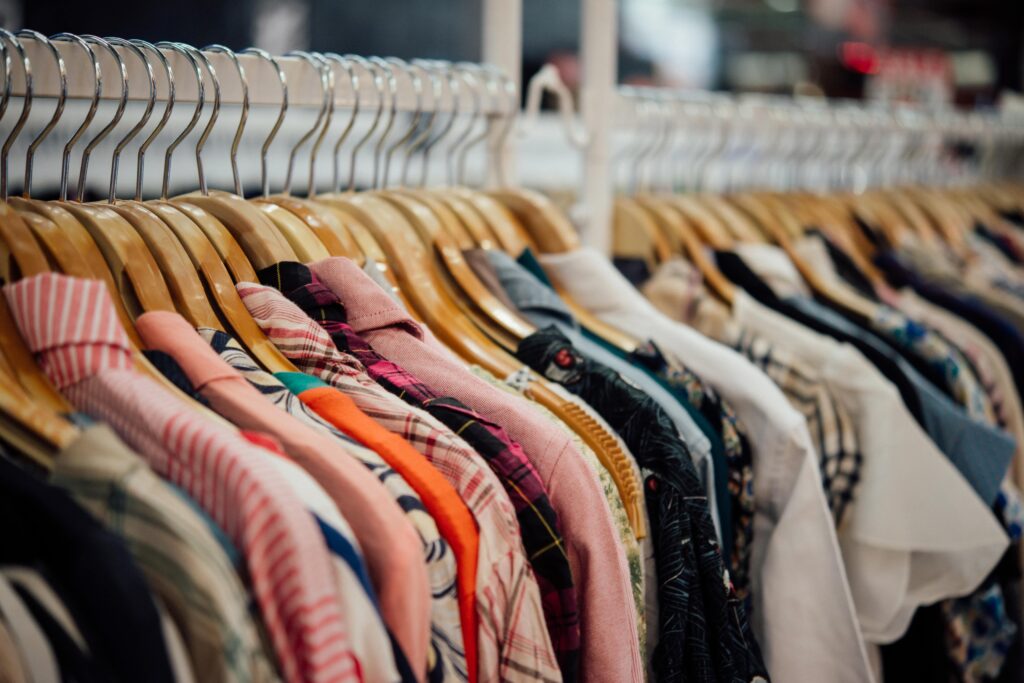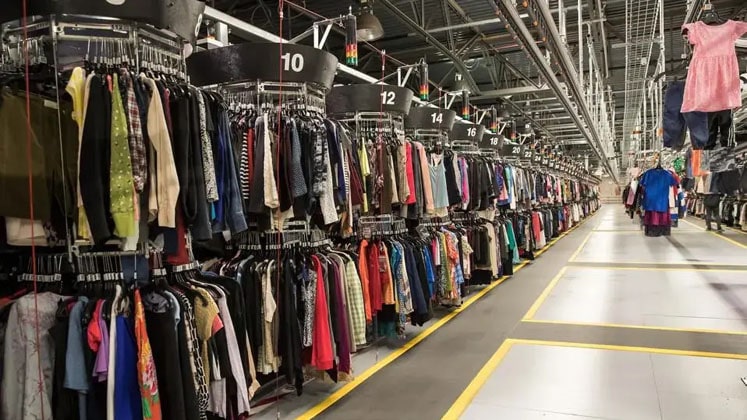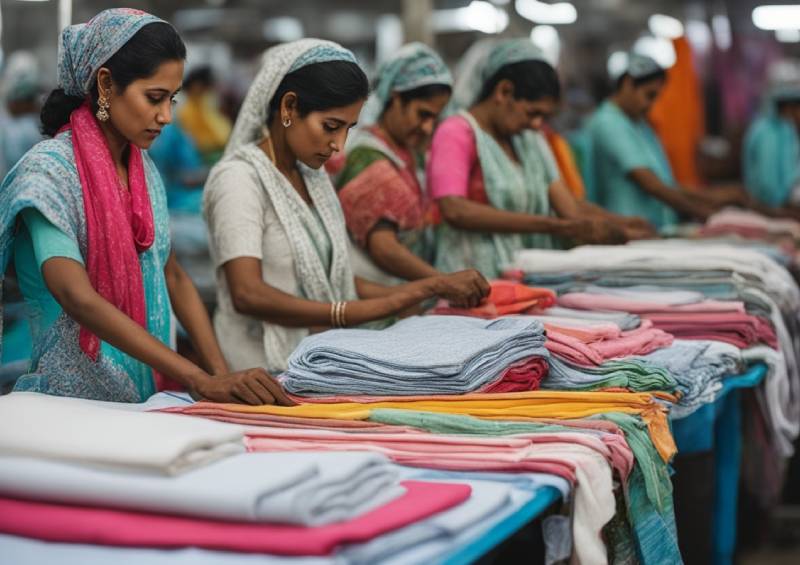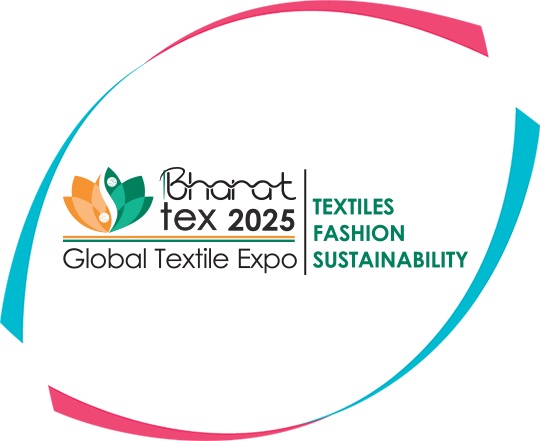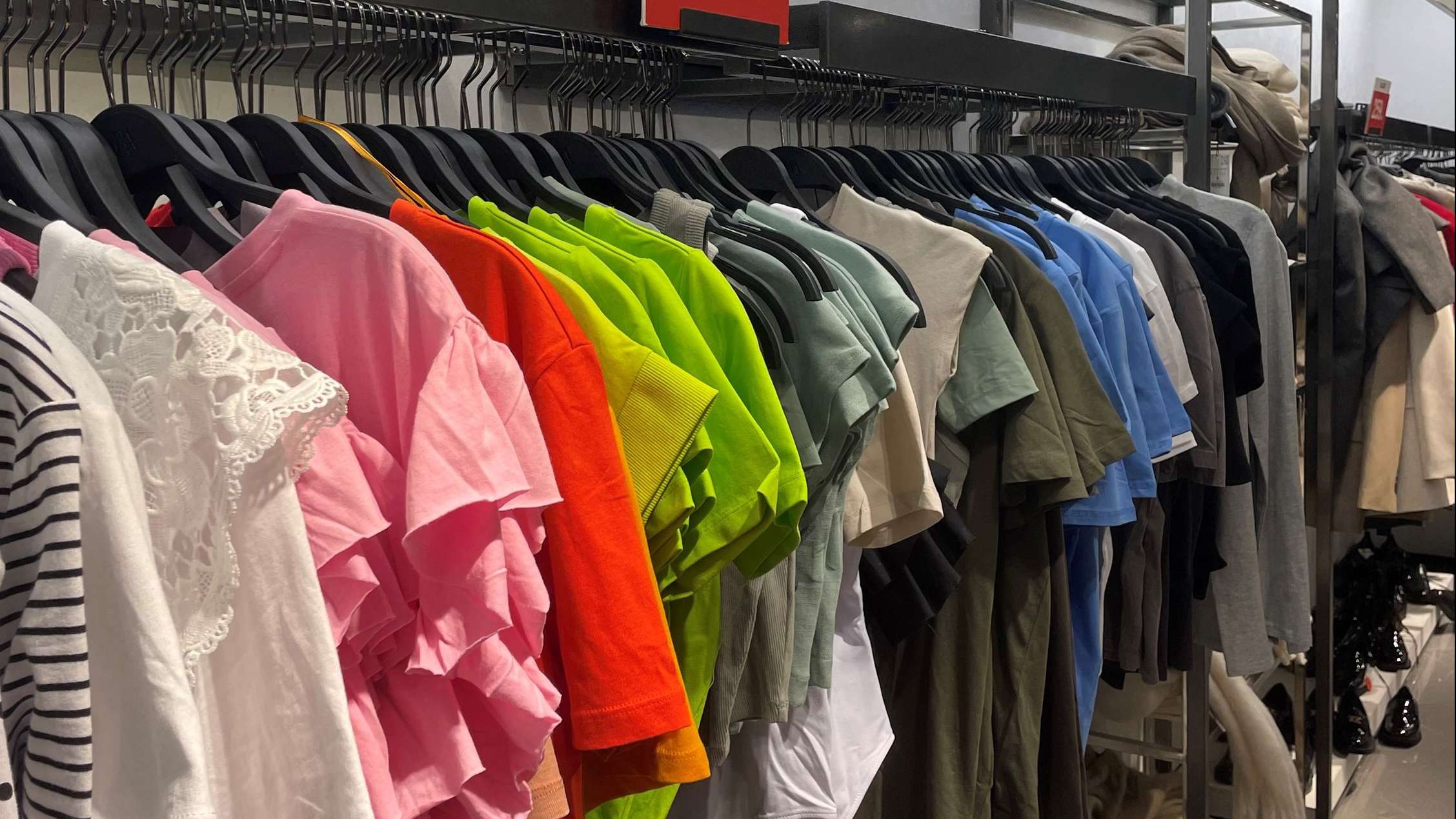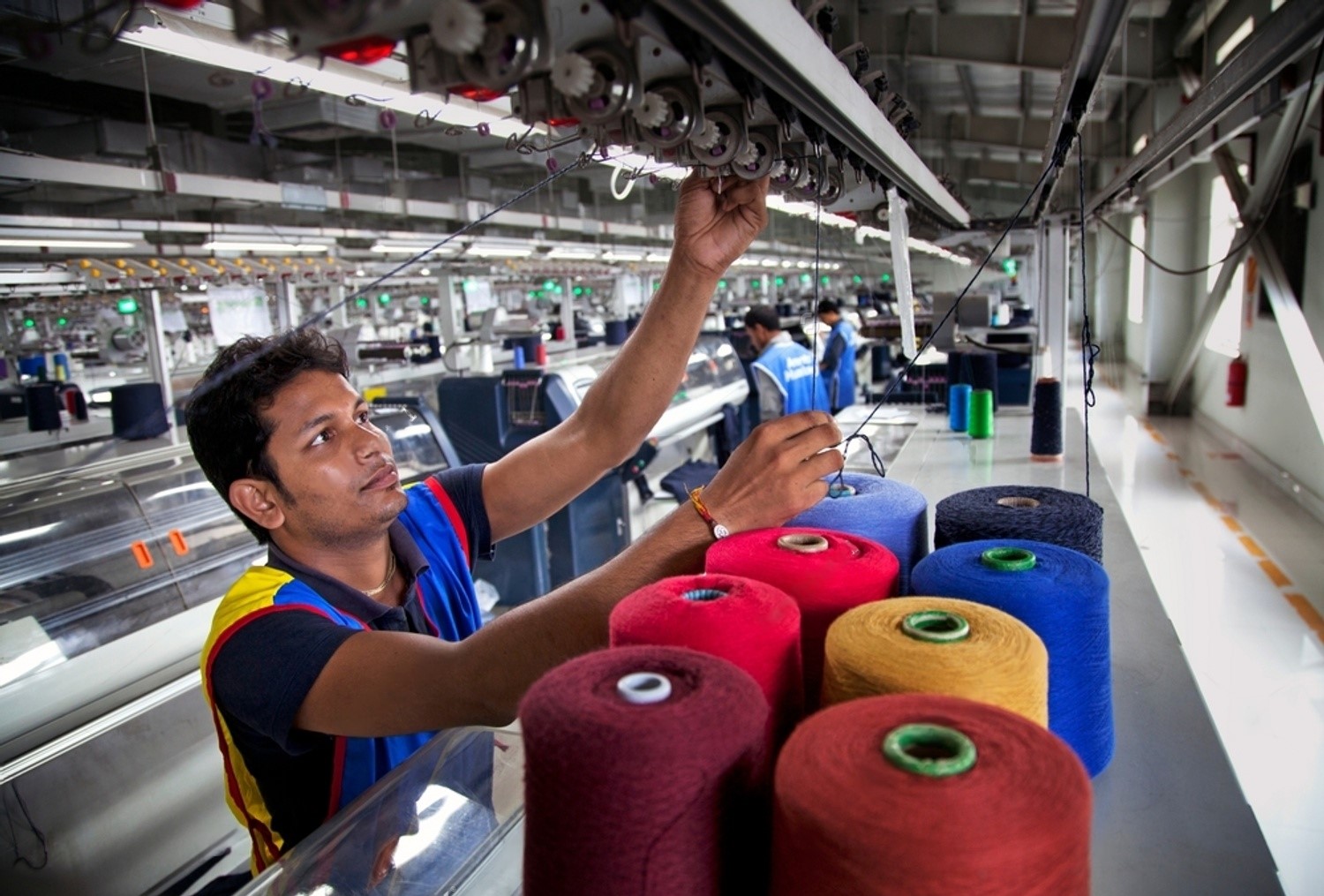"Growing consumer awareness on sustainable clothing has been pushing eco canvas for leading companies. In order to abide by the laws of nature, H&M’s Conscious Collection is one such catalogue that uses organic and recycled materials to produce fairly-priced clothes that are mindful of environmental obligations and human rights standards, while helping invest in the local communities in which they are produced."
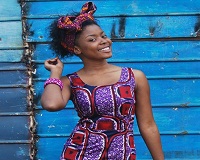
Growing consumer awareness on sustainable clothing has been pushing eco canvas for leading companies. In order to abide by the laws of nature, H&M’s Conscious Collection is one such catalogue that uses organic and recycled materials to produce fairly-priced clothes that are mindful of environmental obligations and human rights standards, while helping invest in the local communities in which they are produced.
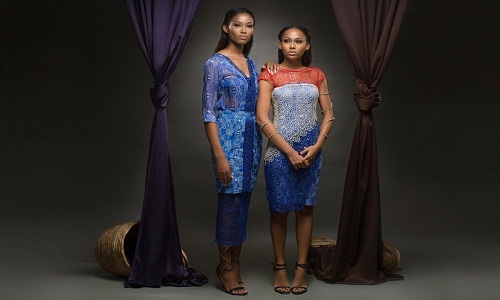
The apparel industry has developed higher labour and environmental standards with an aim to encourage consumers to alter their methods of care for clothing, by offering recycling options and the possibility of investing in higher-priced garments made from eco-friendly fabrics. The Ethical Fashion Initiative (EFI) tends to alter by stressing on the work of fashion artisans in developing countries. Founded in 2009 by Simon Cipriani as a flagship program of the International Trade Center, the Ethical Fashion Initiative connects local designers working in the fashion industry in the developing world with international fashion industry.
Working primarily in Burkina Faso, Cambodia, Ghana, the West Bank and Haiti, the EFI gives artisans the opportunity to expand their market reach to the global fashion industry honchos, such as Stella McCartney and Vivienne Westwood. Empowering nearly 7,000 artisans, the success of the initiative culminated in 2013 with the participation of micro-producers and their designs at the Rome Fashion Week. Commenting on the initiative, Hans-Peter Egler, Head of Trade Promotion at Switzerland’s State Secretariat for Economic Affairs (SECO), says ethical fashion is not just about a one-way transfer of products from developing countries to the global fashion industry, it’s about a two-way exchange with the North and South being able to cooperate from each other. This is a new way of cooperation. Groups like EFI are taking note of Africa’s nascent industry in part to educate African artisans on their labour rights, and alternatively to raise awareness of on how to buy and sell fashion goods in a more responsible manner.
Starting a new chapter
EFI initiative is majorly targeting wealthy consumers who are able to purchase high fashion items. Indeed African brands aren’t competing against big retailers, but they want to influence the change in consumers’ buying pattern from fast fashion to ethical fashion. While large retailers such as Zara and H&M would not be impacted majorly but they are the ones who appeal to the masses. African brands aim to change the face of fashion to one where coloured designers can succeed, where garment workers are safe and finally where Africa’s textile heritage shines through. According to the brand officials, momentary outrage against sweatshop conditions isn’t enough, we must become aware that our purchases allow for their existence, but in turn, can also prevent their survival and leave space for a more ethical fashion industry to grow.


